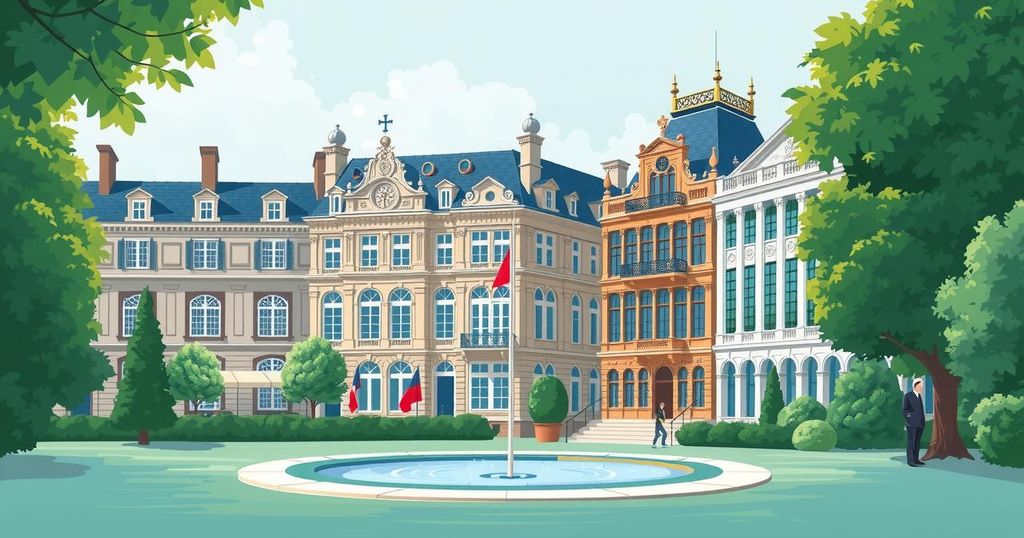A Senior Officials Meeting on Afghanistan will occur in Brussels on June 16-17, focusing on political, humanitarian, and economic crises. Key stakeholders, including EU states, UN agencies, and Afghan civil society members, will participate, although the Taliban is not expected to be officially represented. The meeting aims to reassess donor strategies amid dwindling humanitarian funds and ongoing human rights concerns.
Brussels is gearing up for a significant international meeting on Afghanistan, scheduled for June 16 and 17. The Senior Officials Meeting, organized by the European Union, will address crucial issues like the ongoing political crisis, humanitarian needs, and economic troubles facing the country. Sources close to the event revealed that this gathering aims to foster discussions among key players involved in Afghanistan’s future.
Attendees will include representatives from EU member countries, the United Nations Assistance Mission in Afghanistan (UNAMA), UN Women, the International Organization for Migration, plus members of Afghan civil society and diaspora groups. Notably, a Qatari envoy will be part of this assembly, highlighting Doha’s ongoing diplomatic involvement in Afghan matters.
Although officials from the Taliban regime aren’t anticipated to participate, discussions will focus on their human rights records, especially concerning women’s rights and political involvement. Previous meetings, especially the one held in September 2023, delved into pressing issues like the prohibition against women in the workforce and the serious humanitarian situation in Afghanistan, culminating in an approximate $840 million in pledges for assistance.
This meeting comes at a critical juncture, given the United Nations’ recent warnings about diminishing humanitarian funds that are crucial for life-saving programs in Afghanistan. The UN describes the nation as experiencing the second-worst humanitarian crisis worldwide, necessitating urgent action and discussions regarding donor strategies.
UNAMA has been pushing forward a new diplomatic approach called the “Mosaic” plan, which might, controversially, include acknowledging the Taliban and providing sanctions relief. This proposal has drawn mixed reactions, with critics voicing concerns that it might effectively legitimize a regime known for serious human rights violations.
The EU has consistently been a vocal opponent of the Taliban’s treatment of women and girls, advocating for conditional engagement tied to tangible improvements in human rights, governance inclusivity, and freedom of expression. This stance reflects a cautious approach to any future interactions with the Afghan regime, emphasizing the need for accountability.
In summary, the upcoming Senior Officials Meeting in Brussels represents a critical effort to engage various stakeholders in addressing Afghanistan’s multifaceted crisis. With pressing humanitarian needs and serious economic challenges, the international community struggles to balance necessary aid against concerns over Taliban policies, especially regarding human rights. Meanwhile, proposals like UNAMA’s Mosaic plan highlight the complexities of future diplomatic relations with Afghanistan, raising both hope and concern among observers.
Original Source: amu.tv






